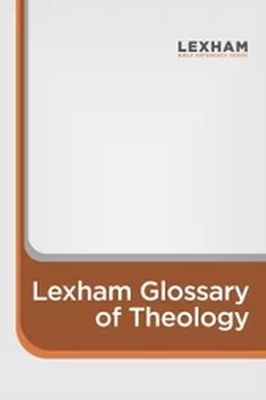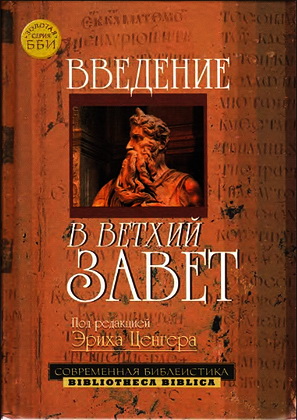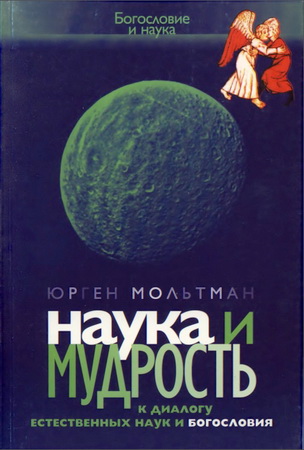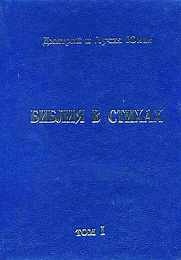
Magnum - Lexham Glossary of Theology - модуль BibleQuote
Douglas Magnum - Lexham Glossary of Theology
Bellingham, WA: Lexham Press, 2014
* * *
adiaphora
A term meaning "indifferent things" which is used to refer to things that are nonessential to the faith.
adoptionism
A teaching in the early church period that claimed that Jesus became God’s Son through adoption during His earthly life (whether at His baptism, resurrection, or ascension) and denies the preexistence of Jesus. The early church condemned Adoptionism, though it was revived in 8th-century Spain.
aetiology
A story concerned with causes and origins such as explaining the origin of a people, nation, or practice.
afterlife
The concept dealing with what happens to a person after death. In Christian theology, those who believe in Jesus meet him in heaven upon dying.
agnosticism
The view that something cannot be known with certainty, especially used for someone who believes the existence of God cannot be known with certainty.
construct
The form of a Hebrew noun when it is grammatically linked to the following noun. The construct is often used to indicate possession (compare genitive case).
consubstantiation
The Lutheran view of the Lord's Supper that supposes that while the elements do not literally become the body and blood of Jesus (as in transubstantiation), the body and blood are actually "in, with, and under" the elements.
Coptic
The language of Egyptian Christians from the first century through the Middle Ages.
diplomatic edition
A critical edition of a text that reproduces a single manuscript; the BHS is a diplomatic edition of the Leningrad Codex.
dispensationalism
A theological system that interprets the Bible and history according to specific ages or “dispensations” where different principles governed God’s relationship with people. The dispensationalist perspective has heavily influenced popular views of the end times and eschatology.
Essenes
A Jewish sect from the Second Temple period mentioned by the Greek and Roman writers from the first century AD, who practiced asceticism and believed both the Pharisees and Sadducees were corrupt, as was the temple in Jerusalem. The reported customs of the sect have some similarities with those of the community of the Dead Sea Scrolls.
ethics
The branch of philosophy or theology concerned with morals.
genitive case
A morphological noun category that often indicates possession.
higher criticism
The analysis of biblical texts to determine authorship, date, sources, and composition of biblical books.
high priesthood
The office of the primary official in Israelite religion.
hiphil
A Hebrew grammatical term referring to the verbal conjugation that usually indicates a causative sense of the basic meaning of a verb (e.g., akal, “to eat,” becomes “to cause to eat” or “feed” if put into the hiphil conjugation).
monotheism
The belief that there is only one God.
Montanism
An early Christian movement based on the teachings of Montanus who claimed to receive new divine revelation through ecstatic prophecies that he attributed to the Holy Spirit. The movement was mainly focused on living holy lives in preparation for the imminent end of the world.
mood (verbal)
The verbal category that indicates the degree of certainty with which something is stated or that expresses the statement’s relationship to reality. For example, the indicative mood is used to declare something that is certain, while the subjunctive mood indicates uncertainty, a desire, a wish, or an impossibility.
Samaritan Pentateuch
A sacred text that includes only the Torah and reflects the ideology of the Samaritan community.
sanctification
Literally refers to the process of setting something apart for a sacred purpose. In Christian theology, it denotes a doctrine concerned with the gradual purification from sin in the life of the believer and a progressive spiritual growth toward Christlikeness.





Комментарии
Пока нет комментариев. Будьте первым!